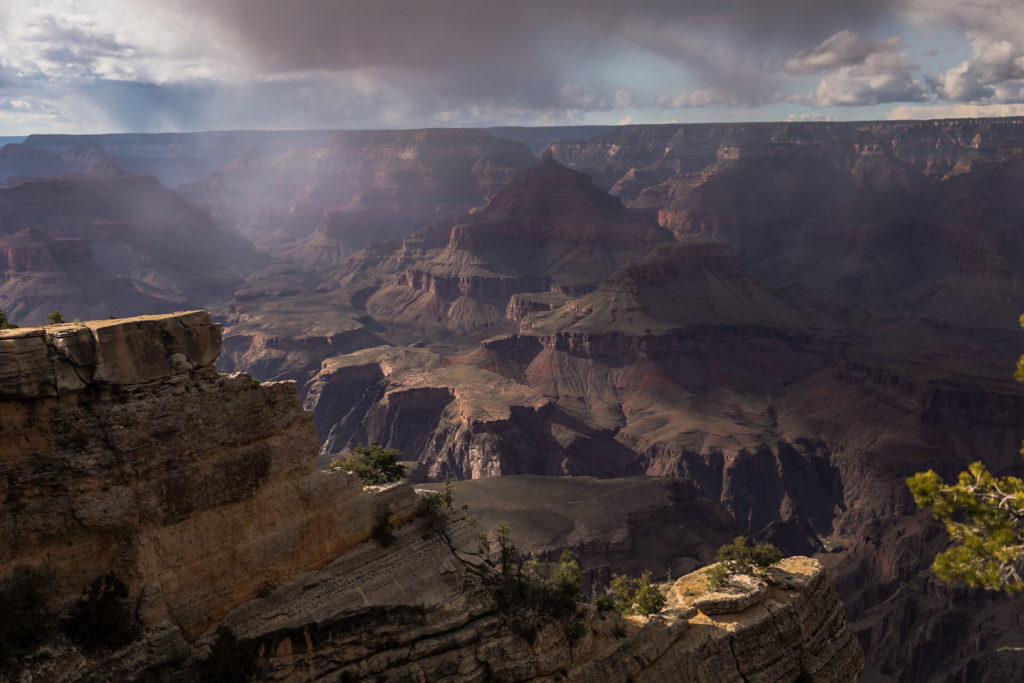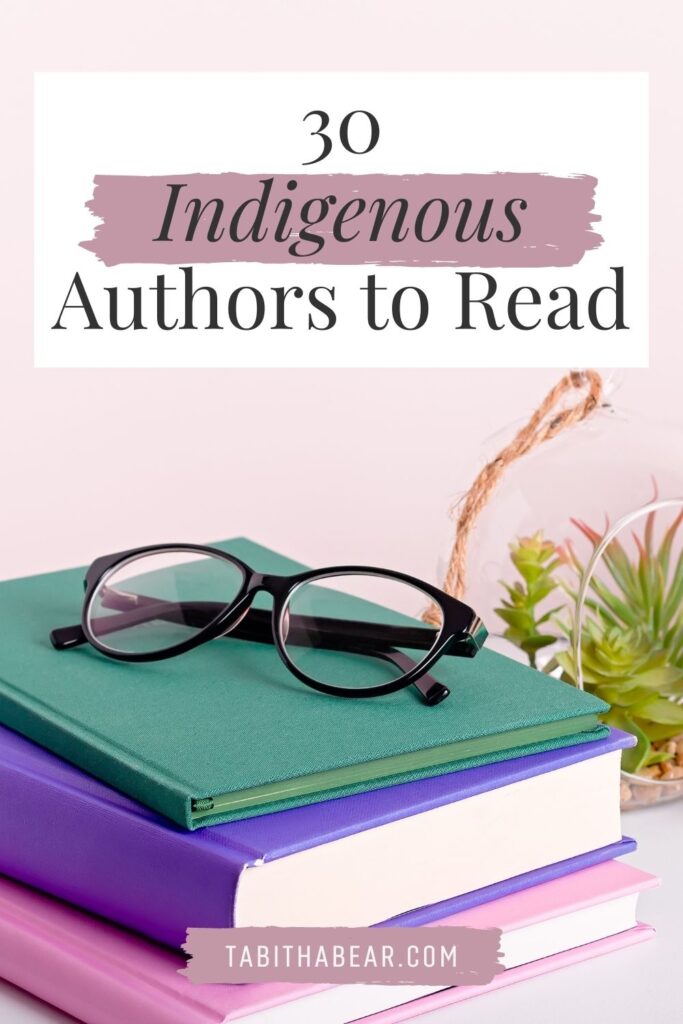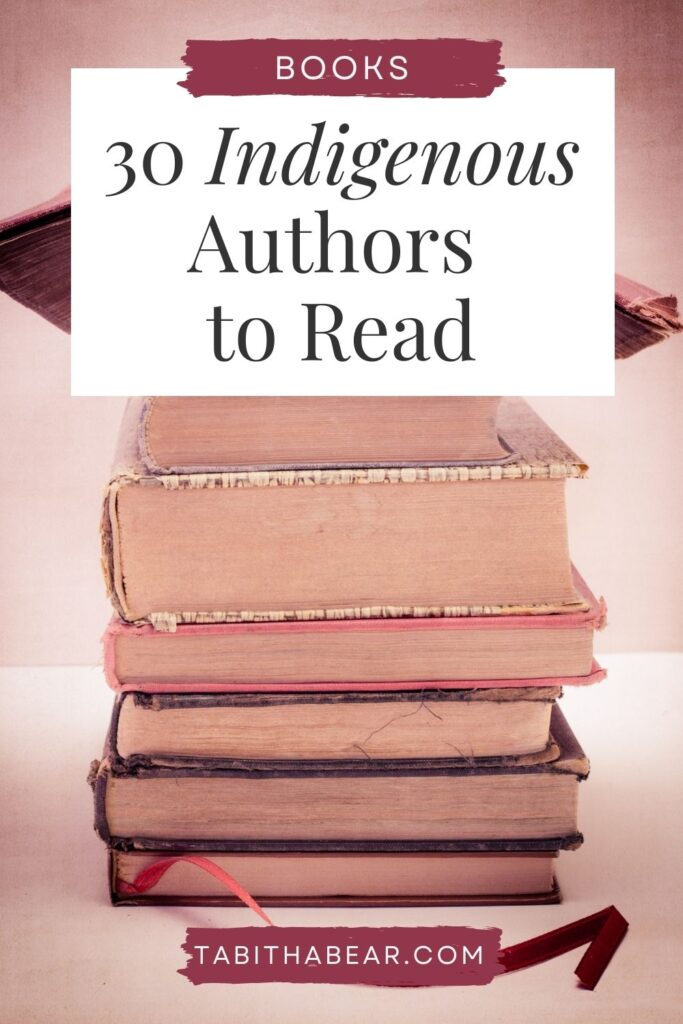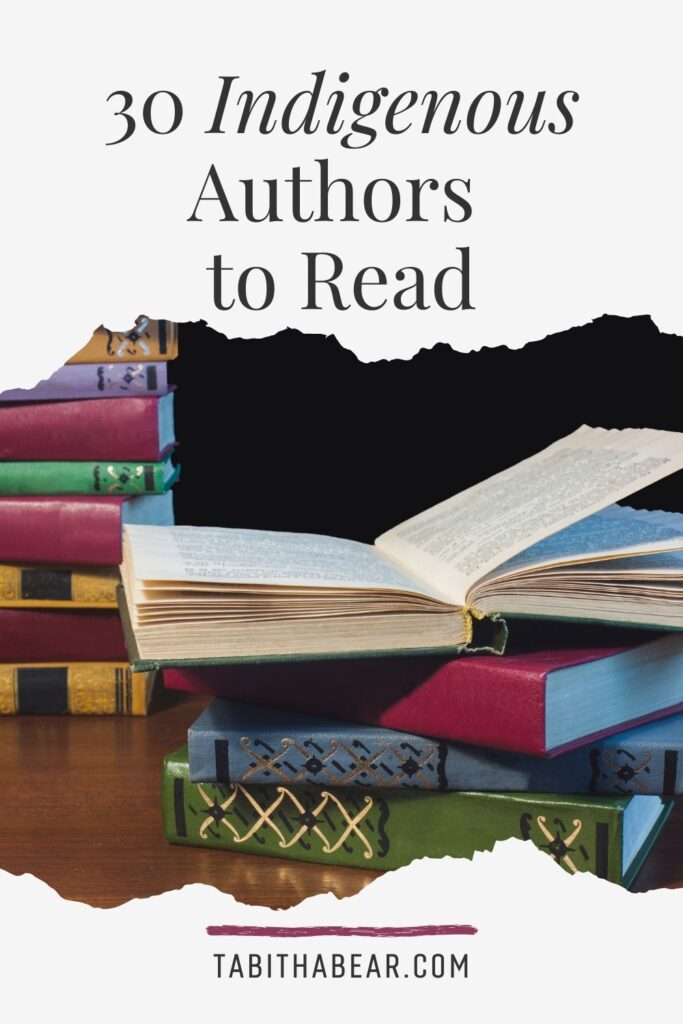
Cows run away from the storm while the buffalo charges toward it – and gets through it quicker. Whenever I’m confronted with a tough challenge, I do not prolong the torment – I become the buffalo.
Wilma Mankiller
Here is an introductory list of 30 Indigenous Authors to Read. I say it’s an introductory list because there are just so many amazing Indigenous Authors, but I’m confident this is a great place to start.
And of course, as always, I absolutely encourage you to please drop your favorites and/or recommendations I may have left out so we can keep adding on to the list.
I’m also on the lookout for older titles from Indigenous Authors. Recent stuff is so much easier to track down; I would love recommendations for decades-old stuff.
This post may contain affiliate links. I receive a small commission at no additional cost to you.
30. Winter Counts, 2020 – David Heska Wanbli Weiden
The newest book from David is a Crime Fiction Thriller.
Along with help from an ex-girlfriend, drug deals, and a look at the American legal system – “a bracingly honest look at a long-ignored part of American life” is in the spotlight all set on a reservation.
29. The Only Good Indians, 2020 – Stephen Graham Jones
There is nothing more robust than Native Horror.
Knowing some of the stories and lore I grew up with, and the lore I was exposed to from other tribes as I got older, some of it still makes my skin crawl. It’s fabulous.
The Only Good Indians follows 4 Native men after a disturbing event from their youth leaves them struggling for their lives. An entity tracks them, focused on revenge; and these men scramble as their culture they abandoned comes to find them.
28. Bury My Heart at Chuck E Cheese’s, 2019 – Tiffany Midge
Tiffany Midge inspires me to be a better writer and I am here for her words, humor, and insight.
Enjoy this book of essays, and the way Tiffany is able to discuss Native issues, life, and braid herself into it all.
27. Split Tooth, 2018 – Tanya Tagaq
Here’s a well-written enticing summary:
Haunting, brooding, exhilarating, and tender all at once, Tagaq moves effortlessly between fiction and memoir, myth and reality, poetry and prose, and conjures a world and a heroine readers will never forget.
Winner of Indigenous Voices Award for Published Prose in English.
Winner of Alcuin Society Awards for Excellence in Book Design.
Tanya beautifully molds worlds and navigates the reader through one hell of a story.
26. There, There, 2018 – Tommy Orange
I purchased There, There right before I boarded a flight to Japan and read the whole thing in one sitting.
I was then devastated there wasn’t more to help fill the rest of my incredibly long flight.
Read it, read it, read it, read it!
So many amazing Indigenous voices in this book provide such a well-rounded perspective and dive into the thoughts and emotions of Indigenous peoples.
Winner of the PEN/Hemingway Award.
NYT Bestseller.
Recommended by my friend Obama.
And of course recommended and celebrated by so many publications.
25. Johnny Appleseed, 2018 – Joshua Whitehead
I’m not sure if anyone else does this, and my habit for doing this has increased exponentially with the ongoings of the pandemic, but I often download many samples to my Kindle and will eventually work my way through them and decide on what I’ll read next, purchase, discard, etc.
Johnny Appleseed has been sitting in this queue for some time, and I finally got to the sample a few weeks ago. And within the first page I was 1000000% sold.
Joshua opens up the story about a young boy who watched Queer As Folk on late night TV with the sound muted so as to not wake anyone.
Anyone knows a developing sexual appetite is difficult, and weird, and new, and in the late 20th and now 21st century, most questions were/are easily answered via the internet.
For someone like myself born in the 80’s, understanding the horrors and excitement of hiding naughty TV late at night, I was so immediately wrapped up in how relatable this was.
This beauty is also for my LGBTQ+ peoples out there. Joshua Whitehead is a Two Spirit, Indigiqueer and just absolutely does a wonderful job with this story.
Winner of Lambda Literary Award for Gay Fiction.
24. Heart Berries, 2018 – Terese Marie Mailhot
Anyone carrying the weight of mental illness can understand the voice of this book.
Anyone who wants a better understanding of how our minds try to overcome the burden of being wired differently, read this.
Terese has provided such a phenomenal memoir, and I can only say beautiful things about it.
23. Future Home of the Living God, 2017 – Louise Erdrich
Have you ever had one of those authors that you’re not sure how you never heard of them, was never exposed to them, and never had them recommended to you – yet suddenly you find them and you feel absolutely stupid for not reading them sooner?
That’s what happened with me and Louise Erdrich. I discovered her as I was researching for this list, and I cannot believe I’ve somehow gone without reading anything from her.
A Dystopian story – which if you know me, makes it all the more crazy I haven’t read this – about the world coming to an end. A pregnant Indigenous woman seeks out her birth mother and begins a journey of reconnection all while the end of humanity looms around them.
22. The Marrow Thieves, 2017 – Cherie Dimaline
If you’ve been through this site before, you’ll know I recommended The Marrow Thieves in a Dystopian books list.
This story is about Indigenous people are the only ones able to dream, and they’re hunted down for their bone marrow.
It’s quite a story, and deserves a read.
21. Murder on the Red River, 2017 – Marcie Rendon
In my research for books and authors, I also seek out reviews.
And when the reviews for this book are heavily provided by Indigenous people saying how real the characters are, then I bump it up the TBR list.
In case you can’t tell by the title, it’s an Indigenous murder mystery.
Let’s do this!
Winner of the Pinckley Women’s Debut Crime Novel Award.
20. Whereas, 2017 – Layli Long Soldier
There’s no way I could possibly write anything better than what’s been provided for this book of poems.
WHEREAS confronts the coercive language of the United States government in its responses, treaties, and apologies to Native American peoples and tribes, and reflects that language in its officiousness and duplicity back on its perpetrators. Through a virtuosic array of short lyrics, prose poems, longer narrative sequences, resolutions, and disclaimers, Layli Long Soldier has created a brilliantly innovative text to examine histories, landscapes, her own writing, and her predicament inside national affiliations.
19. Braiding Sweetgrass, 2015 – Robin Wall Kimmerer
For those of you interested in botany and animals, or an Indigenous person trying to reconnect in a new way, Robin helps provide that bridge.
Listening to the earth isn’t a mystery, it’s just a different kind of love language.
18. An Indigenous Peoples’ History of the United States, 2014 – Roxanne Dunbar-Ortiz
A phrase I hear/read/see often among my Indigenous friends and family is “We’re still here.”
And that feels so well supported by this book’s existence. It’s well-known, to the victor of war go the spoils, and the pen with which to write it all down. Even more so when it’s white men conducting genocide in the name of freedom.
The Indigenous people of America have taken hit time and again, and that includes what is part of the education programs and classes in this country.
This book offers perspective and a truth you may not have known existed.
17. My Body is a Book of Rules, 2014 – Elissa Washuta
A memoir. A woman navigating through anti-depressants, mental illness, sexual trauma, and Indigenous identity.
An amazing book for anyone, for women, and especially the modern Indigenous woman.
16. House of Purple Cedar, 2014 – Tim Tingle
A book for young readers.
There is a significance about the railroad system in America when it comes to minorities. Every culture has a different, heart-breaking story to tell. That also goes for the Indigenous community.
This story addresses the impact of the railroad, how that tore about communities and schools.
15. Sacred Wilderness, 2014 – Susan Power
On my own TBR list, this story is about 4 women from different times and backgrounds who come together and aid a mixed Indigenous woman who finds nothing but emptiness in the American Dream.
Welcome to Contemporary Indigenous Fiction and showcasing the power of Indigenous women.
14. If I Ever Get Out of Here, 2013 – Eric Gansworth
Here’s one for the YA, music-loving readers.
A story about the truth and strength in friendship, and honesty about the cards you’ve been dealt. Say hello to the Beatles, white people being nice, and the reality of poverty.
13. When My Brother was an Aztec, 2012 – Natalie Diaz
I’m not great with poetry. Sometimes it feels like maybe my soul isn’t equipped to decipher it, absorb it, welcome it the way it deserves to be welcomed.
However, I’d be a fool to not try and add Indigenous poets in this list.
This particular title of Natalie’s was a recent recommendation given to me, and I’m looking forward to letting myself melt into her words.
12. Walking the Clouds: An Anthology of Indigenous Science Fiction, 2012 – Edited by Grace Dillon
Grace Dillon did a phenomenal job putting together the FIRST anthology of Indigenous voices in Science Fiction. This isn’t limited to just Indigenous peoples of North America, either. It extends on a global level.
If you’re a SciFi fan, and looking to bring more Indigenous authors into your brain, this is such a wonderful book to have on the shelf at home.
11. Indian Horse, 2012 – Richard Wagamese
For YA and adults alike, this book showcases the darker side of trying to overcome the challenges of being native AND successful in the non-native world.
Saul Indian Horse can make a life for himself in hockey, yet he loses his family and home, and can barely hang on to himself as he tries to navigate hatred and racism (among other things).
10. Midnight Sweatlodge, 2011 – Waubgeshig Rice
This book was a smidge hard to track down should you want to have a copy for yourself.
Family members get together to participate in this ceremony/tradition in the hopes of finding wisdom in the midst of hardship. There is such a realistic and heartbreaking scope focused on the struggles of what it means to be an indigenous person presently.
9. Every Day is a Good Day: Reflections by Contemporary Indigenous Women, 2011 – Wilma Mankiller
I’ve looked up to Wilma Mankiller for as long as I can remember. She’s just so absolutely fabulous to me.
20 Indigenous women (healers, lawyers, artists, elders, etc.) contributed to this book, with an introduction by Gloria Steinem.
Indigenous women are some of the most empowering forces in this world.
8. Nobody Cries at Bingo, 2011 – Dawn Dumont
This is a fiction heavily inspired by real life. Dawn shares amazing perspectives about native life with such humor and bluntness, it helps to build down the walls of difference to highlight what is similar and shared between the indigenous community and non-natives.
7. The Day the world Ended at Little Bighorn, 2008 – Joseph Marshall III
Marshall shares the Battle of Little Bighorn from the Lakota perspective.
It’s fresh insight and new information that sheds light on the significance of this day.
Indigenous histories are not just stories, they really are a part of us, our ancestors, and our culture. There are so many layers to open yourself up to when reading this.
6. Monkey Beach, 2000 – Eden Robinson
Here’s a YA for the youths that might make their way to my site, or the teenager in your life.
Jimmy goes missing at sea, and his sister Lisamarie – who’s definitely hiding a secret – goes looking for him. She heads for Monkey Beach, which is infamous for sasquatch sightings.
Haisla lore, spirits and loss braided together in a superb coming-of-age tale.
5. Bearheart, 1990 – Gerald Vizenor
Raise your hand if you’re a fan of dystopians like I am!
While this is a dystopian novel, it also breaks down the Native American experience of survival in a world without rules.
There is some more mature content in here, just a warning.
4. Ceremony, 1977 – Leslie Marmon Silko
This book is just so absolutely lovely.
Tayo is a mixed Indigenous WWII vet who comes back to Laguna Pueblo Reservation. He’s already facing challenges after his time as a POW under the Japanese, and is facing a lot of rejection from his own people.
This is about his journey to heal.
3. Winter in the Blood, 1974 – James Welch
Like a few other titles throughout this list, there’s something incredibly relatable about an indigenous person searching for connections to our culture, ancestors, our land…
Winter in the Blood is about a young Native living on Fort Belknap Reservation in Montana and is hindered by a personal tragedy as he tries to (re)connect with his ancestors and heritage.
2. Custer Died for Your Sins: An Indian Manifesto, 1969 – Vine Deloria, Jr.
This is a collection of 11 essays.
Vine provides perspective and insight on Indigenous history and context to protests that took place in the 1960’s and 70’s.
1. A House Made of Dawn, 1968 – N. Scott Momaday
Abel is home from war and finds himself torn between two worlds. One is his grandfather’s, the other is modern America.
Momaday won the Pulitzer Prize for this novel.
It’s considered one of the first major pieces part of the Native American Renaissance.
Have You Read Any Of These Indigenous Authors?
Find more great stories here (<- link)!

Never Miss An Adventure.



